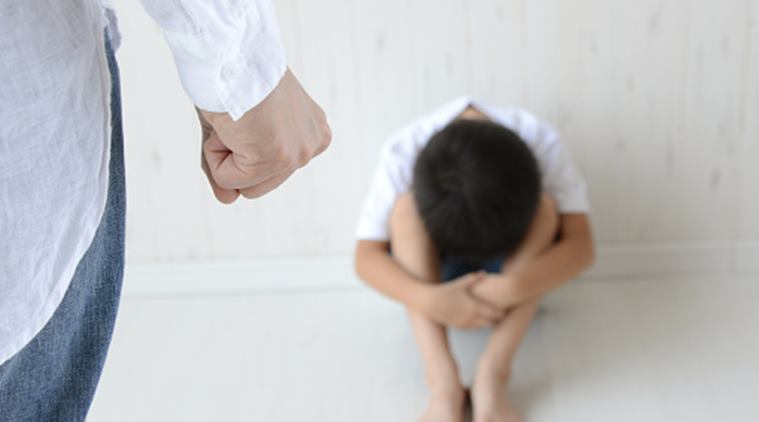Do people give birth with intentions of either abusing their children or exposing them to abusers? Nobody in their right frame of mind will abuse a child for no reason, right? This means that some abusers think they have good reasons for abusing children right?
Whenever a child is abused the parent or caregiver is merely displacing what they are going through on the child.
A few months ago, I saw a woman hit her child so hard all of us sitting in the public transport knew she had an emotional problem; the child didn’t deserve it.
The statistics on abuse globally are very scary and one can’t help but wonder how cruel and unsafe the world has become for everyone including children.
According to childhelp.org, “child abuse is when a parent or caregiver, whether through action or failing to act, causes injury, death, emotional harm or risk of serious harm to a child.
“There are many forms of child maltreatment, including neglect, physical abuse, sexual abuse, exploitation, and emotional abuse.”
This definition of abuse seems comprehensive but what is the threshold for injury, emotional harm, or neglect? This makes it very difficult to capture some of the abuses.
Arguably, abuse is more of a measure of the effect of the abusive act on the child rather than the act itself. Is it safe to say from the definitions that abuse is “recognized” if it causes a socially-defined significant level of distress to the child?
![]()
If yes, we can conclude by saying that not all child abuse acts are criminalized right? This means that there a lot of children who are abused subliminally.
While some parents or caregivers set out to harm their children because they are in distress or they want to send a message across to whoever, I think that some abusive acts begin as well-meaning acts but end as abuse.
In this article, I will discuss a few of these acts so that we can all have a critical look at them.
The first well-meaning act of child abuse from my perspective is punishment. The goal of punishing children is to discourage a behaviour right? Did you know punishment can be incomplete? Is there a thing like incomplete punishment?
For the sake of this article let us agree on the term incomplete punishment. I define incomplete punishment as any act of punishment that leaves the reason for the punishment out of the punishment equation.
The punishment equation is: the reason for the punishment plus a matching degree of the act of punishment (no order) equals complete or healthy punishment.
This practice can lead to emotional abuse but may not necessarily be shown by the child. So how does this cause emotional abuse?
One of the ways we learn as human beings is by association. This means that we learn by pairing things. Whilst this process can be complex in adults, it is very simple in children.
This means when you punish children without explaining to them why you are punishing them, you leave them to form the association themselves. How many of us felt for a long time that our parents didn’t like us because they punished us?
Children are likely to make the association of hatred with punishment beause that is the most logical reason for them.
You are punishing me because you hate me.
Imagine how emotionally traumatic it would be to live with someone who you think hates you.
The second well-meaning act of child abuse is when we compare our children to their siblings or other children. I had a fair share of being compared to my siblings and other children and it was never a pleasant experience.
![]() When my parents did that to me, they didn’t mean to hurt me; they wanted me to do better.
When my parents did that to me, they didn’t mean to hurt me; they wanted me to do better.
Sometimes as parents, we can’t help it but compare our children to other children not to hurt them but to make them know that if others are doing it, they can also do it right? But think about how the children feel?
Every child has unique strengths, unique weaknesses, unique experiences, etc. therefore, comparing them to other children may not be the best. When we compare our children to others, we unintentionally hurt their esteem.
Also, when children think that they have to do better for parents to love them, it makes them withdraw and seek love from places where they can get it unconditionally. It is sad to see children abused by their parents and caregivers.
For parents who would and give anything to see our children grow to be all that they can are at the risk of abusing their children unintentionally.
Your biological children should not be your only children. Every child deserves to be loved and cared for.
Make a difference! Show the way!
(yarley1231@outlook.com)

